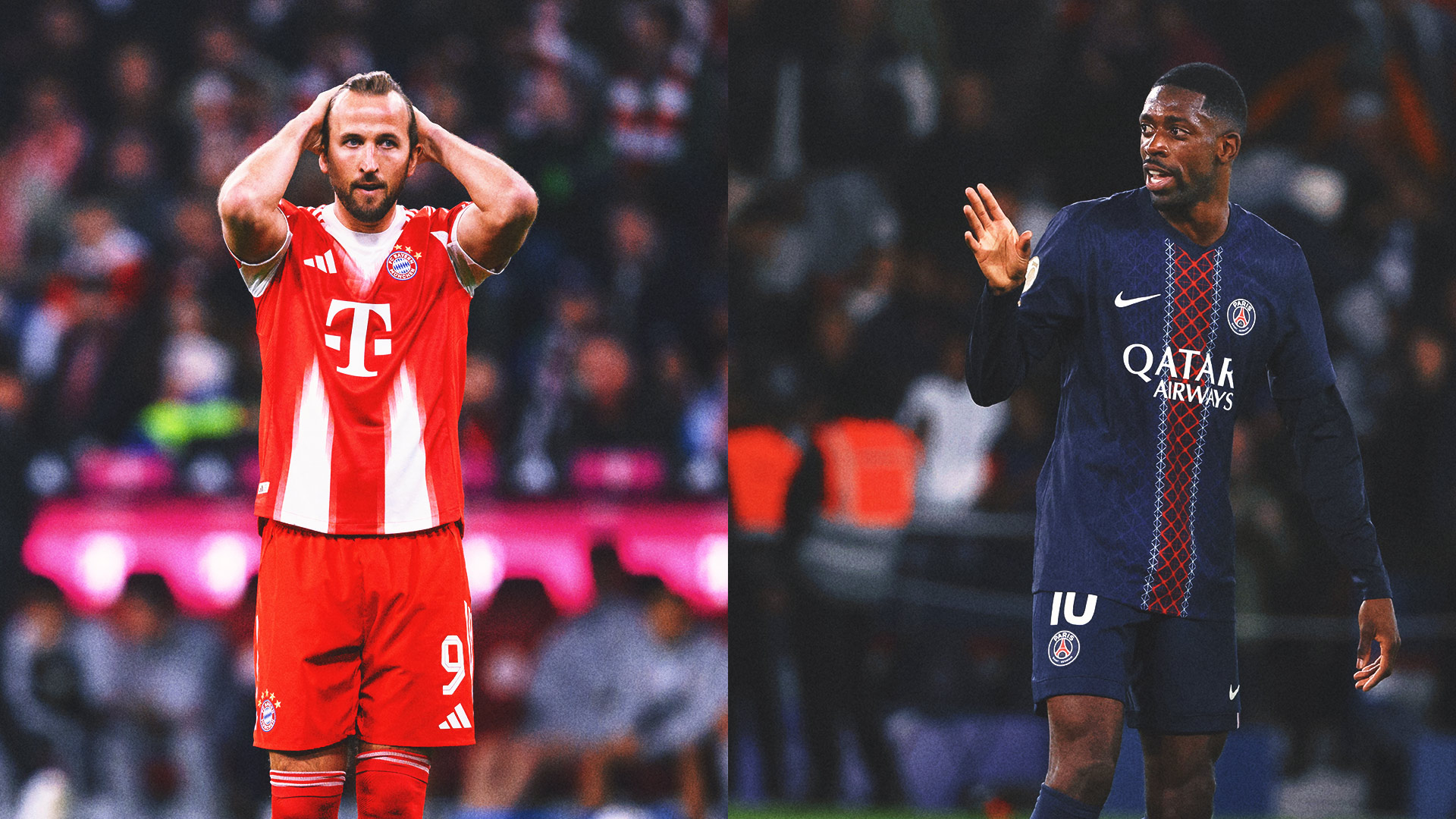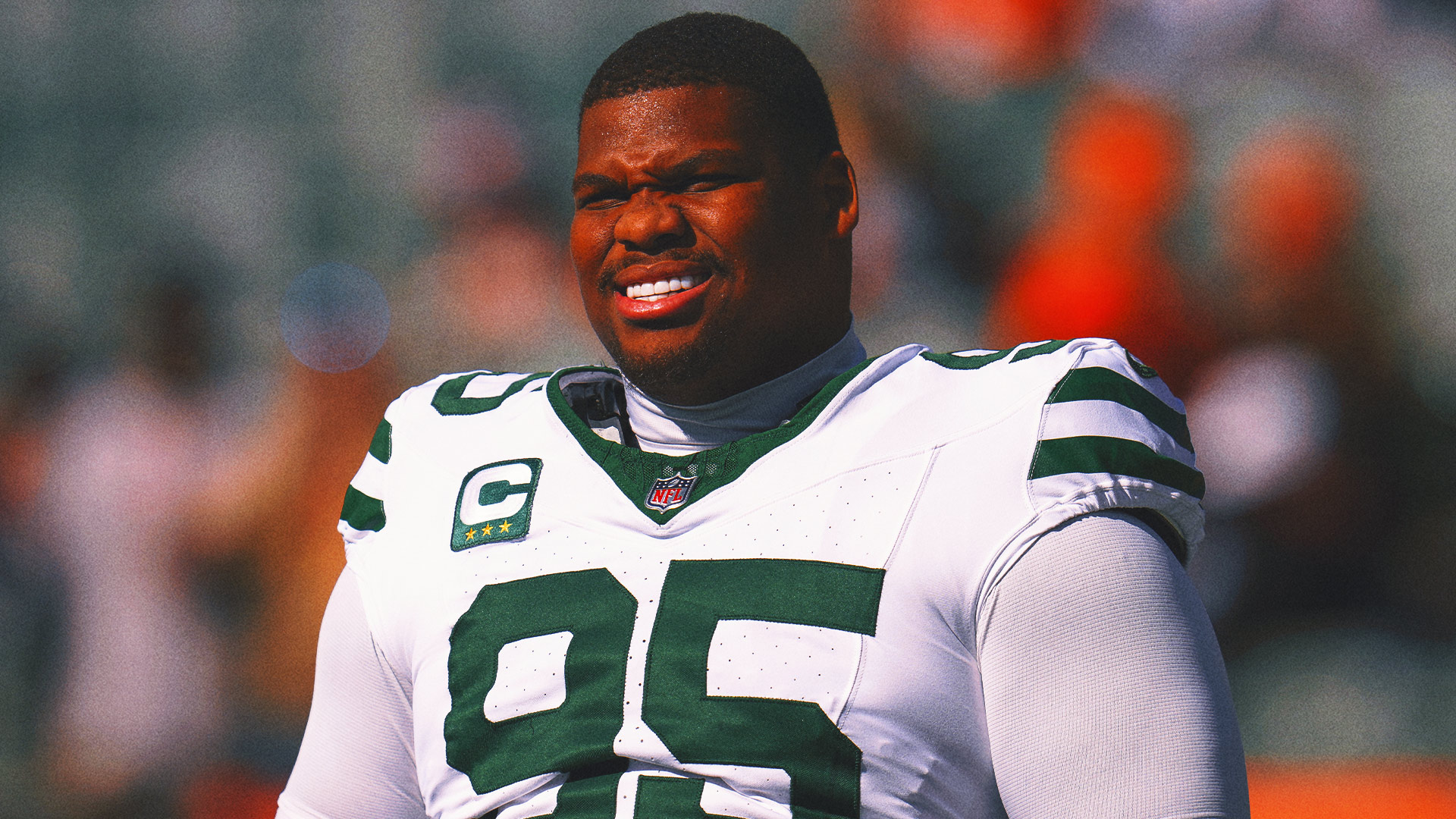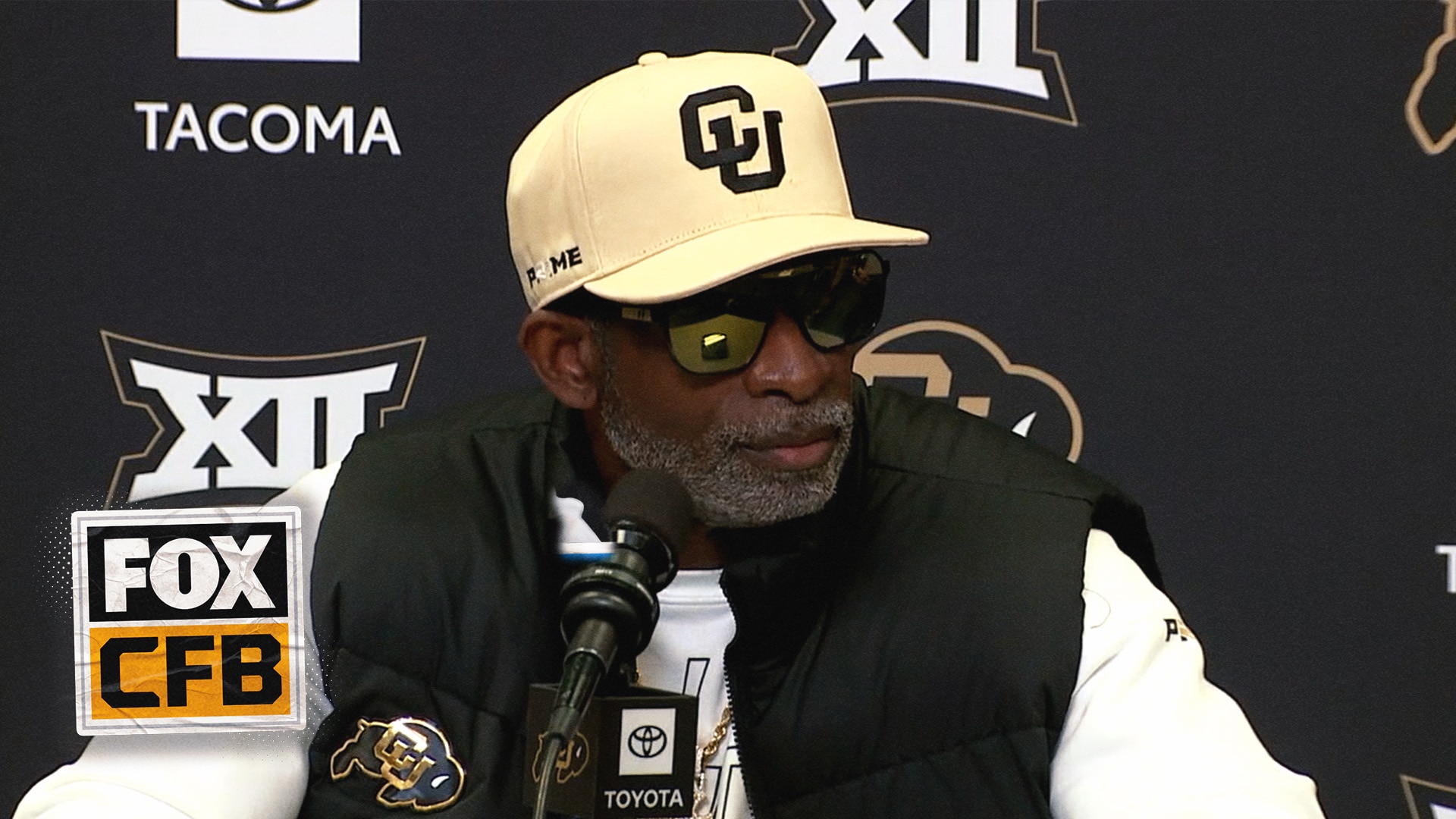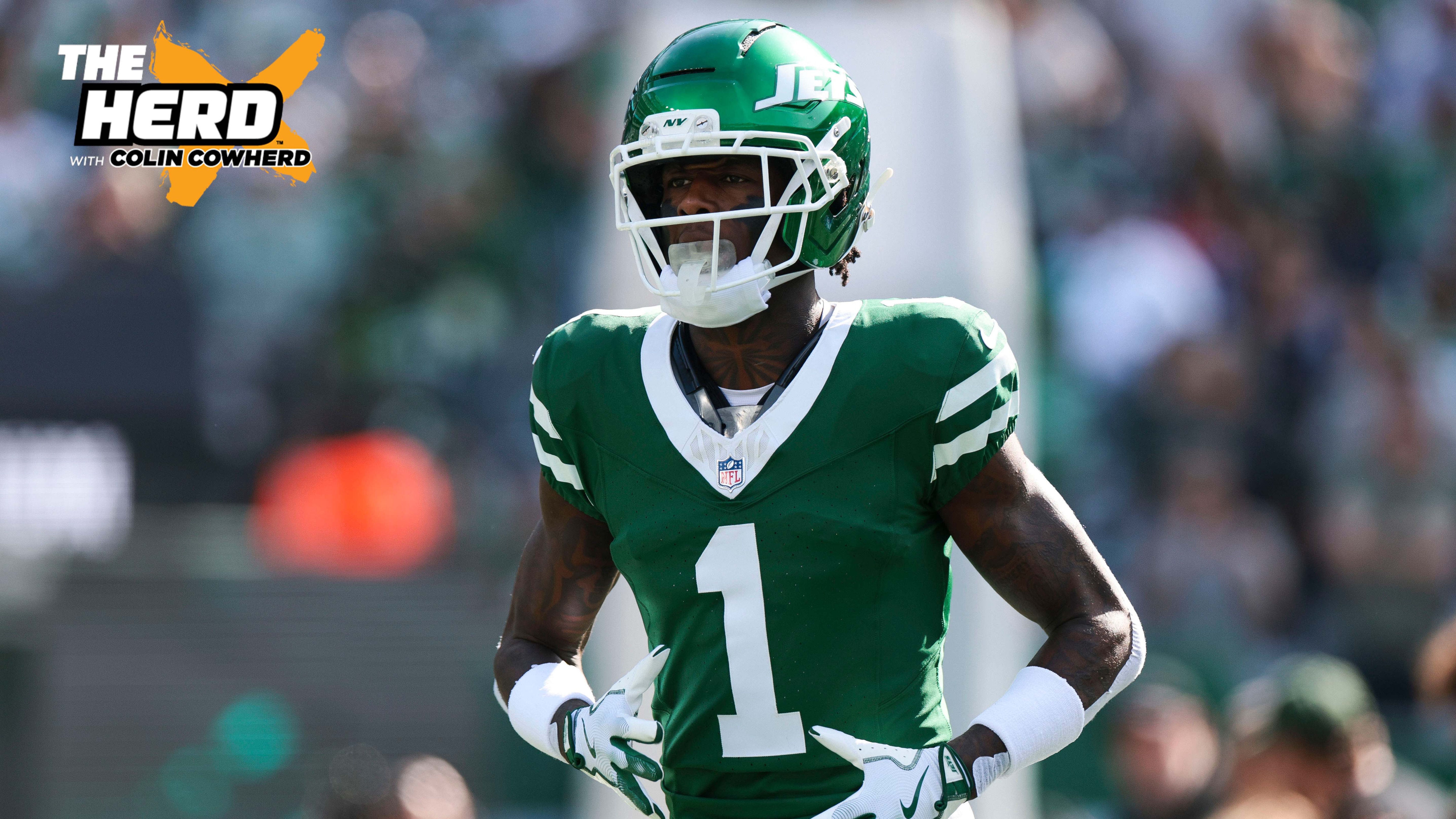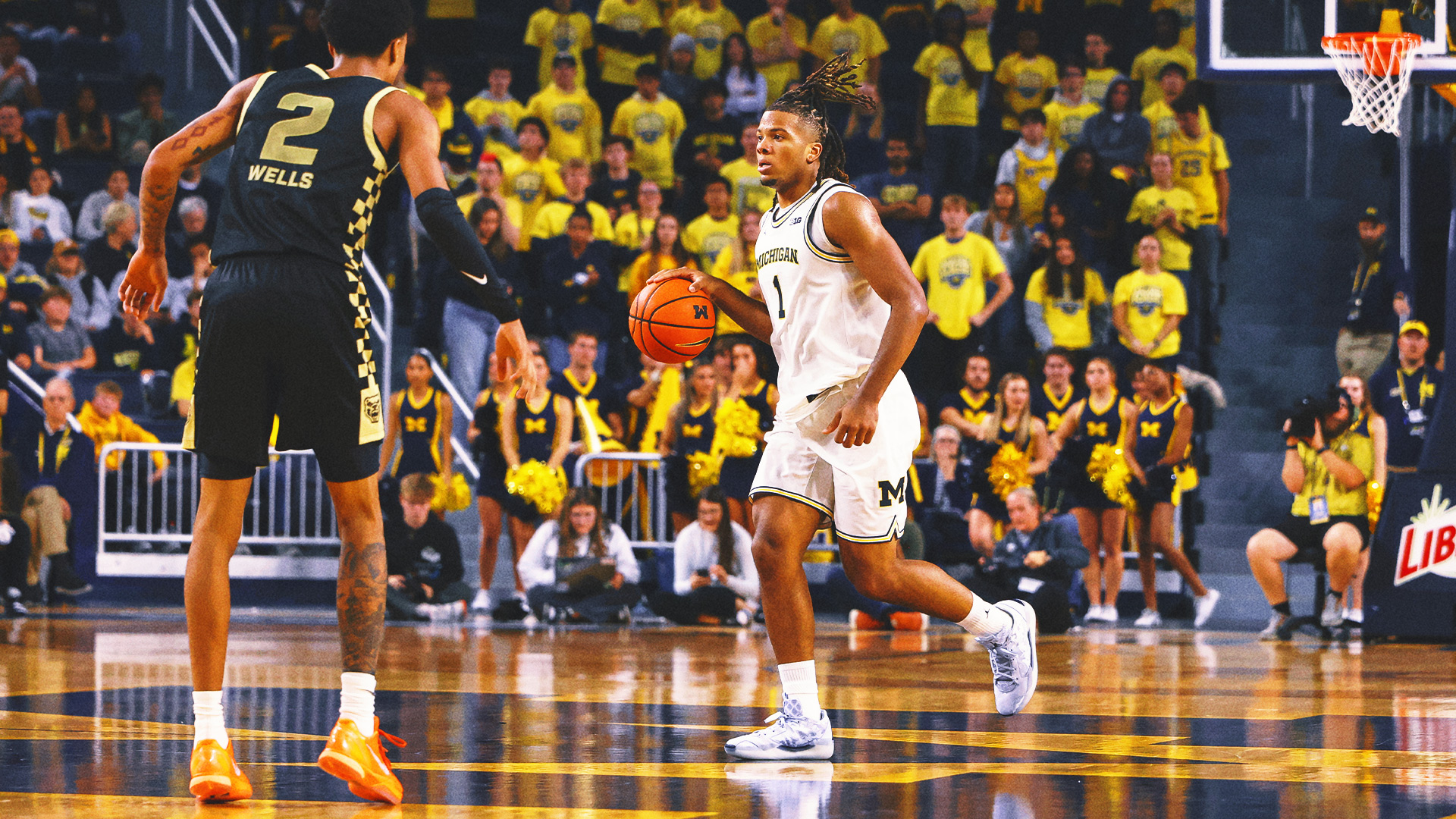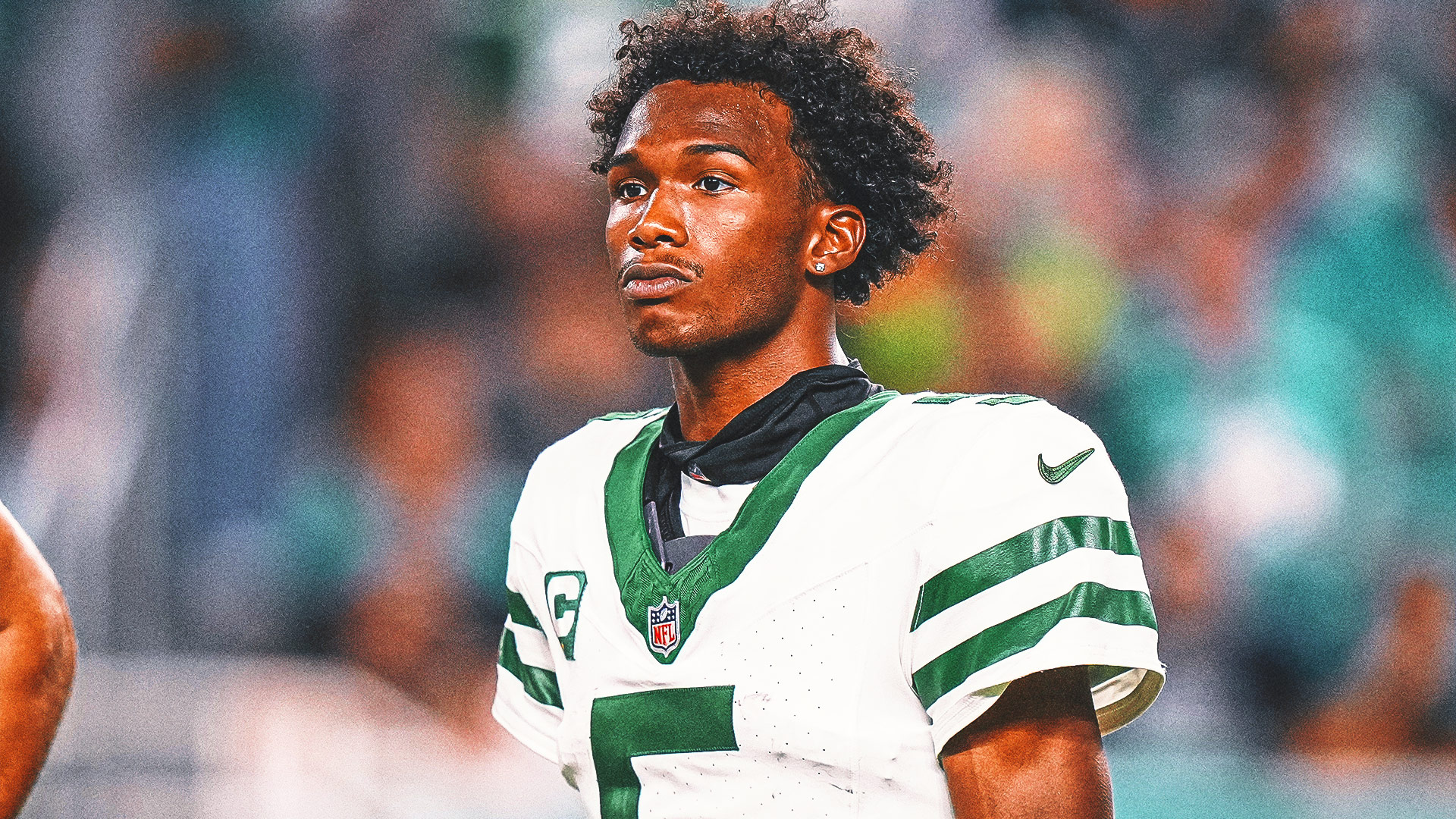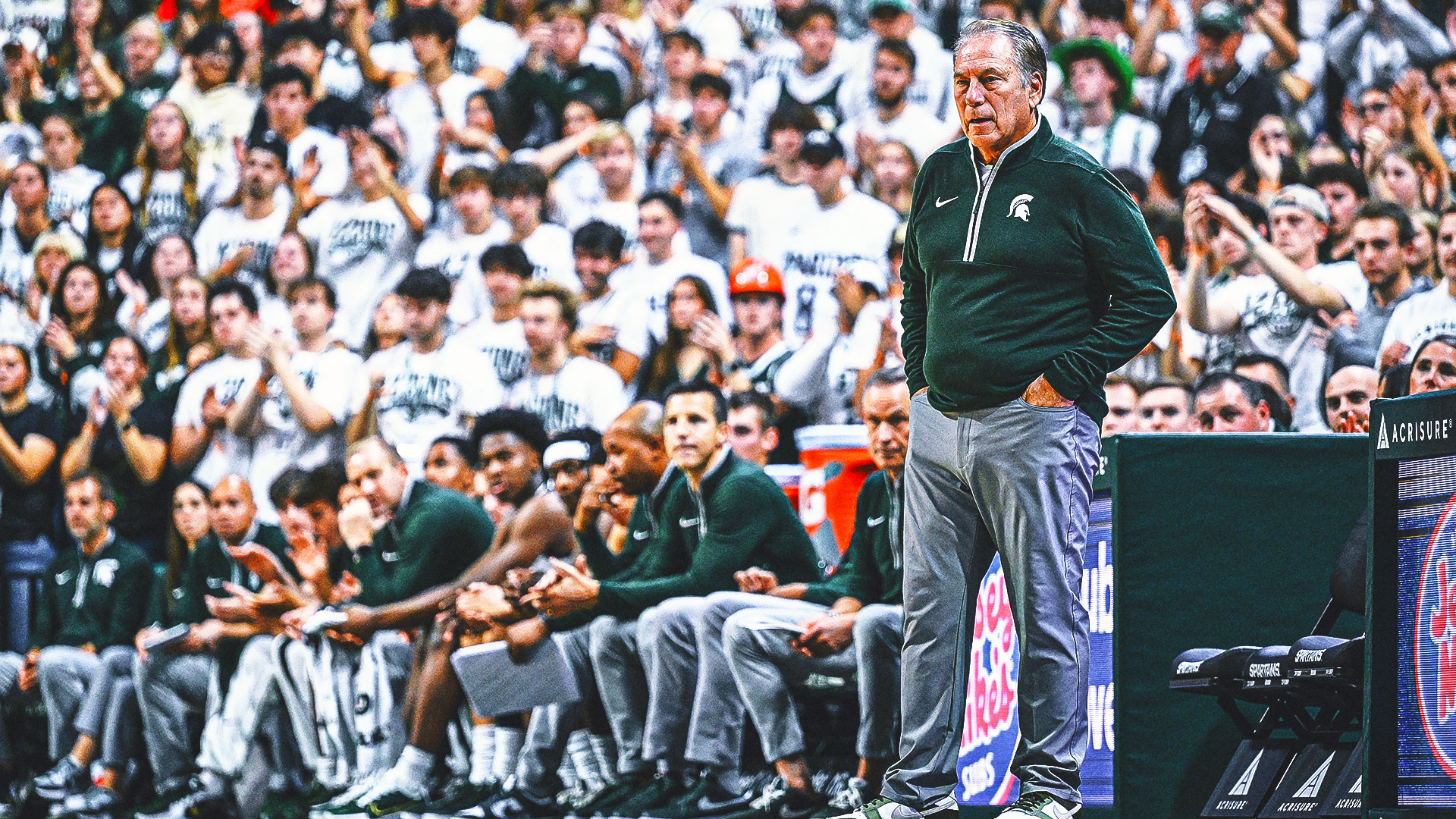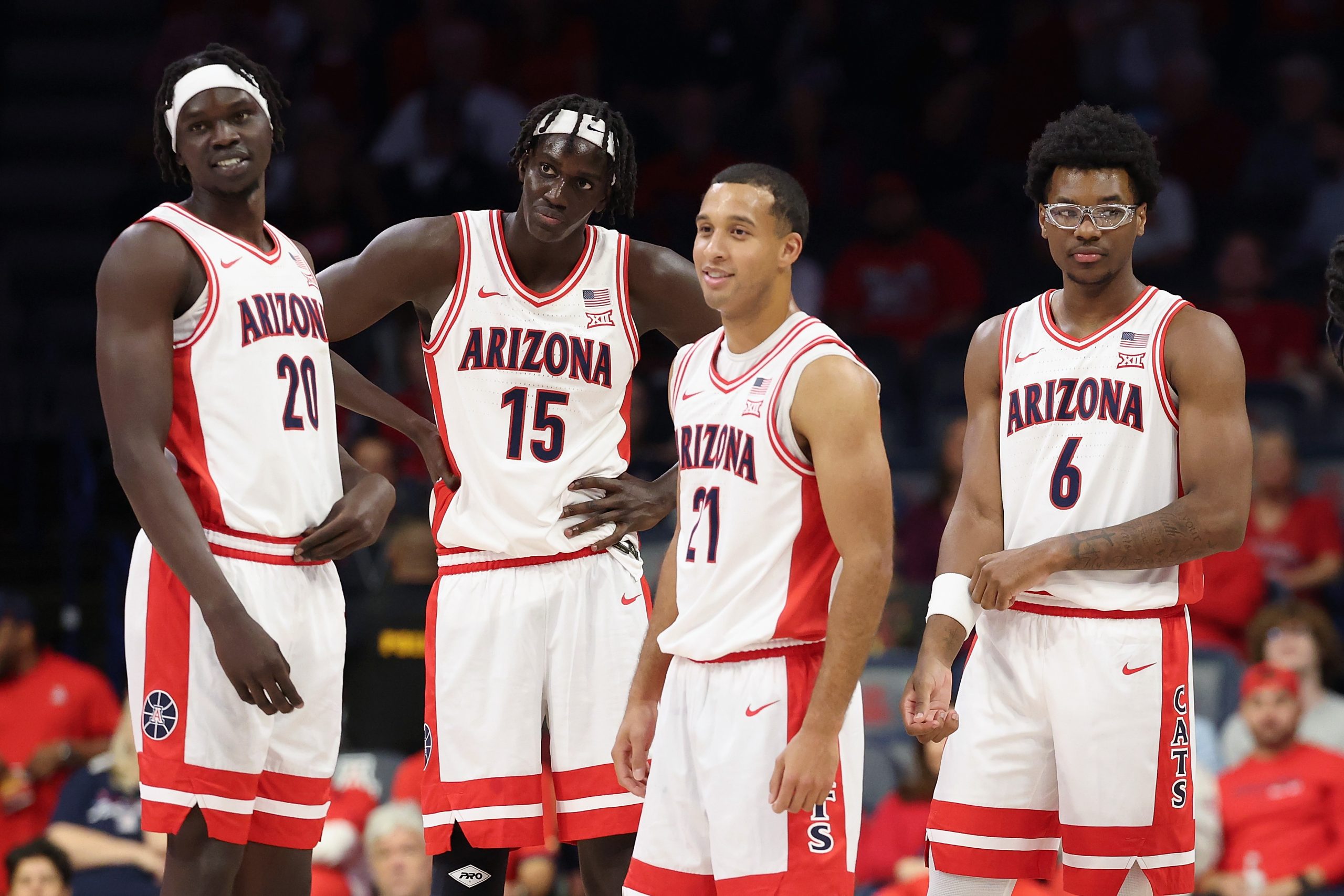When NBC Sports hired Michael Jordan for its NBA coverage, the GOAT didn’t come in as your typical color commentator or studio analyst. Instead, NBC grandly announced MJ as a “special contributor.” With a net worth of $3.5 billion as estimated by Forbes, Jordan didn’t even bother to show up for the network’s big announcement during its upfront presentation in New York. Instead, he appeared via videotape—drawing gasps from the audience.
So goes the evolution of the Jordan Rules. From MJ’s hardwood heyday in the 1990s to the NFL’s Patrick Mahomes today, superstars simply get different, better treatment than everybody else. The same dynamic is changing sports media.
The biggest names like Jordan, Peyton Manning, and Tom Brady are making their own rules at NBC, ESPN, and Fox Sports. Networks are responding with creative thinking instead of trying to squeeze mega-stars into old and tired boxes.
To perform his duties with NBC, Jordan doesn’t show up at live games or visit a studio at the media giant’s corporate campus in Stamford, Conn. Instead, play-by-play announcer Mike Tirico goes to him, with the duo taping an interview series dubbed “MJ: Insights to Excellence,” at one of Jordan’s homes. There’s been two installments so far. FOS first reported this week that, if all goes well, the six-time NBA champion will sit down two or three more times this season; possibly to discuss the All-Star Game and NBA Playoffs (NBC denied this report, calling it “all speculation and overwhelmingly inaccurate”). But make no mistake: The ball remains firmly in Jordan’s court.
Do viewers want more MJ? Sure. Is NBC bending over backwards to accommodate the 62-year-old Jordan? Of course. But other networks have tried and failed to recruit Jordan to their coverage since he retired from the NBA at age 40 in 2003. The six-time NBA champ was by far the biggest “get” among all the off-season hires by NBC, Amazon Prime Video, and ESPN. One sports TV executive gives NBC credit for thinking outside the box.
“Any time you get Michael Jordan to do anything, it’s amazing,” he says. “Would NBC like to use Jordan in many different ways? Sure. But this is what they got. They probably negotiated that Tirico would do the interviews because he feels comfortable with Tirico. There’s probably boundaries and margins they can’t cross. You get what you get.”
Similarly, when ESPN aired The Last Dance in 2020 about the dynastic Bulls, it had to kowtow to Jordan, who retained control over the archival footage. Documentary filmmaker Ken Burns huffed he would “never” have agreed to such an arrangement. But that was the price of ESPN doing business with No. 23. The Last Dance drew sensational ratings during the COVID-19 shutdown.
The story was similar after Manning retired from the NFL after his Super Bowl 50 win with the Broncos in 2016. ESPN pursued Peyton the White Whale for its traditional Monday Night Football booth with Captain Ahab-like zeal. But Manning didn’t bite. So ESPN tried different tactics.
First, ESPN gave Peyton Manning his own show, Peyton’s Places, on ESPN+ in 2019. That established a working, business relationship. Then the four letters worked closely with Manning’s startup, Omaha Productions, which launched in 2020. Finally, ESPN agreed for Manning to call MNF remotely with his brother Eli Manning. The network’s persistent courtship paid off with the debut of the popular Manningcast (technically called Monday Night Football with Peyton and Eli) on ESPN2 in 2021. The brothers are now calling their fifth season of the Emmy Award-winning alt-cast. Last April, ESPN reached a long-term, multi-platform contract extension with Omaha that makes it hard to see where one company begins and the other ends.
Then there was Fox’s whirlwind romance of Brady. To lure the newly retired quarterback into the broadcast booth, Fox offered him a record 10-year, $375 million contract in 2022. When the seven-time Super Bowl winner decided he wasn’t ready to step into the booth, Fox let him take a gap year in 2023 to study up before Brady finally debuted alongside Kevin Burkhardt for the 2024 season. Brady ended up calling the most-watched Super Bowl ever in his rookie season on TV. At $37.5 million a year, Brady makes nearly twice the salary of his contemporaries like Troy Aikman at ESPN and Tony Romo at CBS. But to parent Fox Corp., Brady is worth it since he also serves as a corporate “ambassador” and rain-maker.
The savvy executives at NBC know what they’re getting with Jordan. The GOAT is almost a recluse these days. But that gives him an air of mystery, says Sam Smith, author of “The Jordan Rules.” Unlike other NBA personalities—like Charles Barkley or Shaquille O’Neal—he’s not a ubiquitous talking head. So when Jordan speaks, people listen. His comments on load management, for example, sparked a fierce debate. NBC declined to comment.
“Because he’s been away from the game so long, there’s been a mystique that’s grown about him,” Smith told FOS. “And because he’s one of the few celebrities, to his credit, who’s really chosen to be private… this tremendous air of mystery he’s sort of created around himself has lent the public to be thrilled just to see it—it doesn’t matter what he says, so I didn’t expect much. It wasn’t much [so far], but yet it’s a big story just because he’s there. It’s something people don’t ever get to see, so they’re excited about it.”
Jordan himself alluded to myriad demands on his attention during his sitdown with Tirico.
“The most valuable asset I have is time. That’s probably why you don’t see enough of me,” he said.
The post Why the Jordan Rules Now Apply to Sports Media appeared first on Front Office Sports.

 3 hours ago
6
3 hours ago
6



